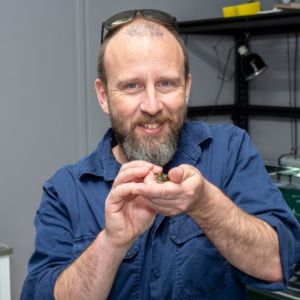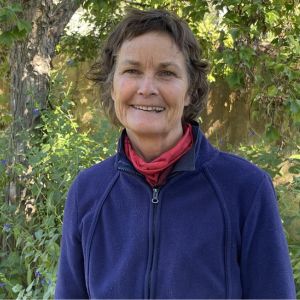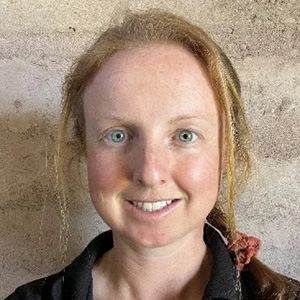Connect and collaborate
We are looking for researchers, students, funding and partners to help take our research to the next level.
The Murrumbidgee is a lowland river system with large meandering channels, wetlands, lakes, swamps and creek lines. The Murrumbidgee has significant cultural and ecological values. Indigenous Australians have been caring for the Murrumbidgee for all time. It is also a working river, supporting broad areas of irrigated agriculture that underpin rural economies.
The Murrumbidgee region has important habitat and biodiversity including intact stands of River red gum forest and aquatic grassy meadow communities. Some of its wetlands are of national significance, supporting a rich diversity of waterbirds, supporting key waterbird rookeries, native fish, frogs, mammals and reptiles .It is also home to populations of threatened species including the Southern bell frog, Australasian bittern, the grey snake and fisher bat.
Project name
CEWH Monitoring, Evaluation and Research Services - Murrumbidgee Selected Area (2024-2029)
Funding Dept of Climate Change, Energy, Environment & Water - Cwlth Environmental Water Holder (CEWH) $4.91M
This Flow-MER 2.0 program builds on two previous programs – the Long Term Intervention Monitoring (LTIM) Project which ran from 2014 to 2019 and the Flow Monitoring Evaluation and Research (Flow-MER) 1.0 Program which ran from 2019 to 2024. The 2024-2029 Murrumbidgee Flow-MER 2.0 Program is designed to continue evaluating the outcomes of Commonwealth environmental water.
Monitoring and evaluating the use of water for the environment is helping to build knowledge about the best way to improve the health of the rivers and wetlands in the Murrumbidgee, based on what works and what doesn’t work.
We are focused on understanding how native fish, waterbirds, reptiles and amphibians, as well as wetland vegetation communities, benefit from these targeted environmental watering actions.
The core focus being the precise delivery of water to the high value wetlands and riverine assets that make up critical habitat to maintain regional biodiversity. Our work here provides knowledge to underpin water management and delivery decisions so that the environmental outcomes are maximised.
We are studying riverine and wetland habitats, and collecting a broad range of data on:
Our work focuses on the relationships between biodiversity responses and environmental watering actions. This knowledge is being used to inform the adaptive management of environmental water delivery.
Current focus
What we have learnt:
Subscribe to the Quarterly Snapshot (Previously Bidgee Bulletin)








Is our quarterly newsletter updating on progress.
The Bidgee Bulletin was the quarterly newsletter providing updates on our progress as we monitored the ecological outcomes of Commonwealth environmental water flows in the Murrumbidgee Selected Area.
A collection of threatened and migratory species of the Murrumbidgee Valley
A range of threatened species make their home in and around the Murrumbidgee. These include brolgas, Australasian bitterns, southern bell frogs, and many other species. Knowing where these animals live is important. This information guides decisions about where and when to use water for the environment to help animals thrive.
Download Threatened Species Poster
Stories of Connection: Tuckerbil Wetlands - A story by Nella Smith | Flow-MER
This story from Nella Smith shares her deep connection to Tuckerbil Wetlands, a Ramsar-listed site near Leeton that provides vital refuge for rare and migratory birds, including brolga, bitterns and black swans. Through rich observation and personal reflection, Nella highlights the cultural and ecological importance of this unique wetland—and her hope that future generations will continue to cherish and protect it.
We are looking for researchers, students, funding and partners to help take our research to the next level.